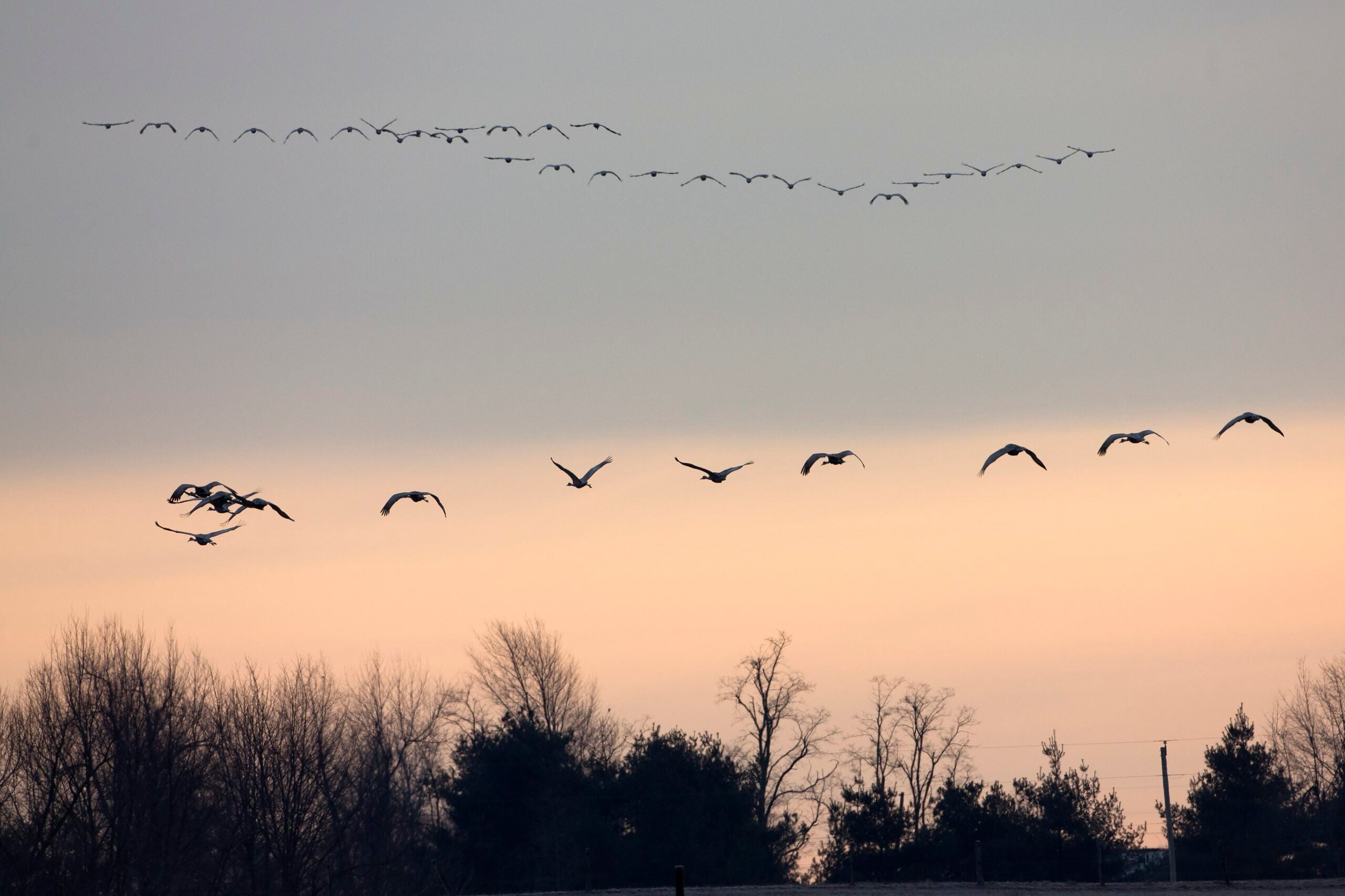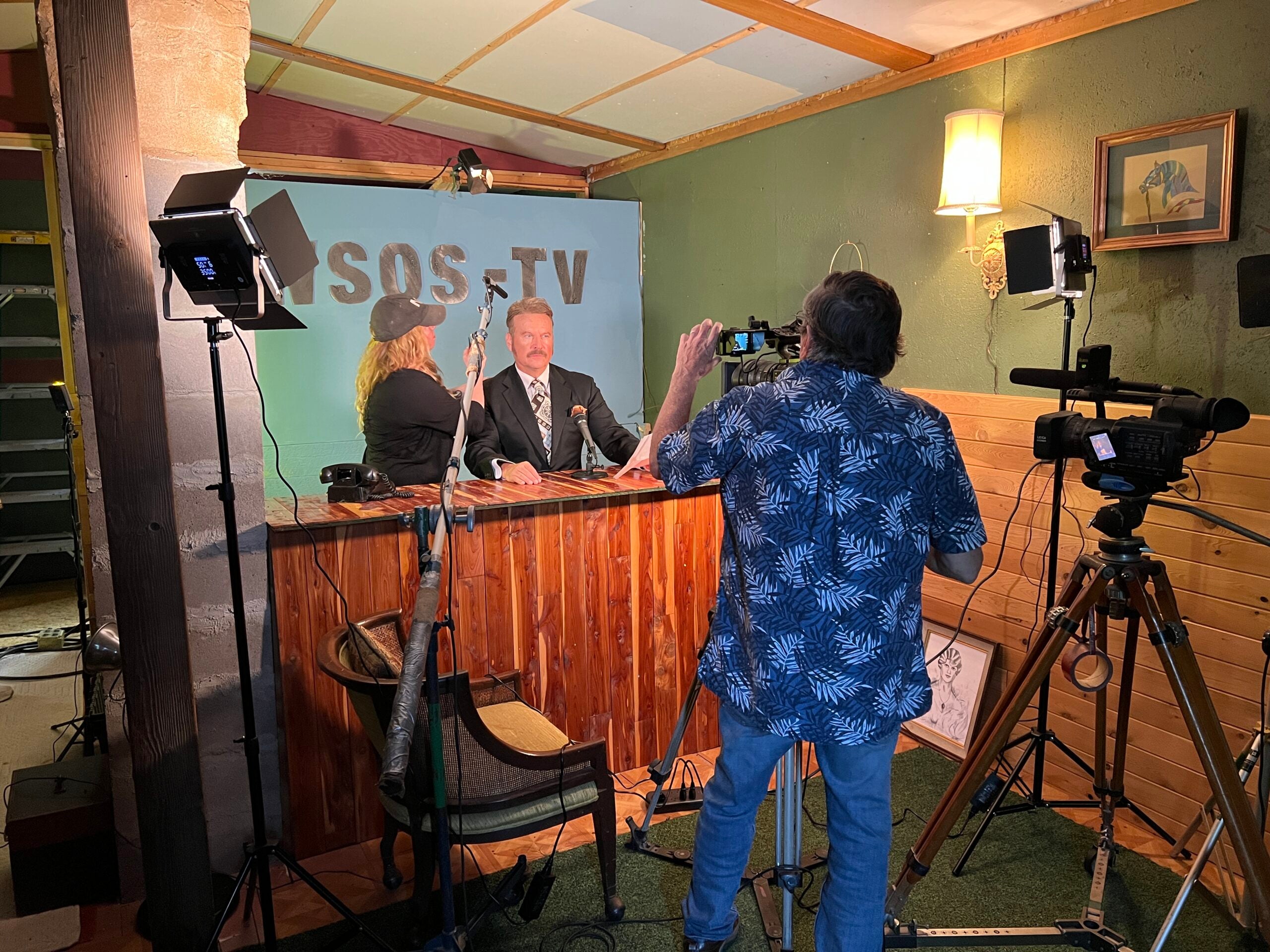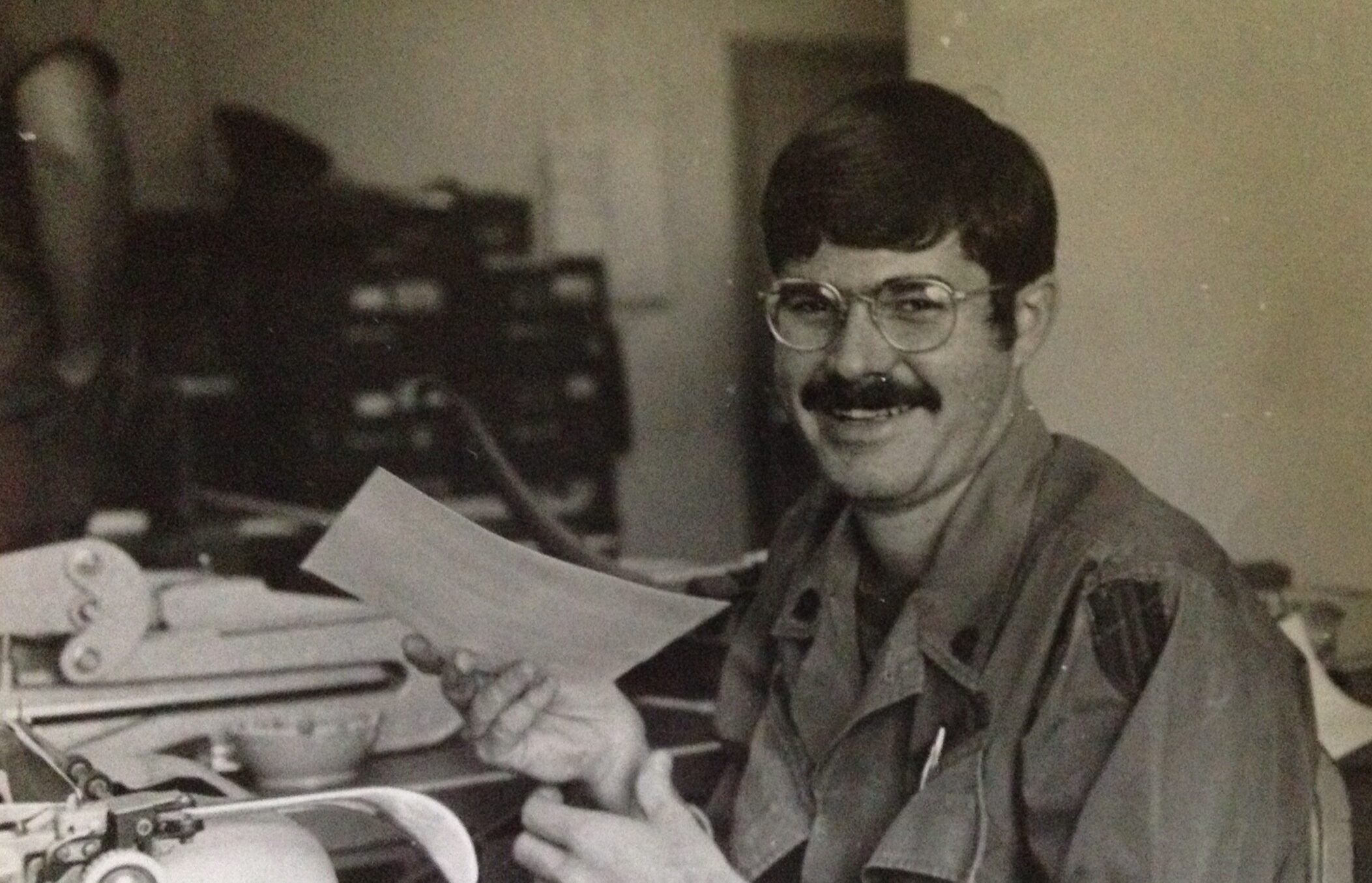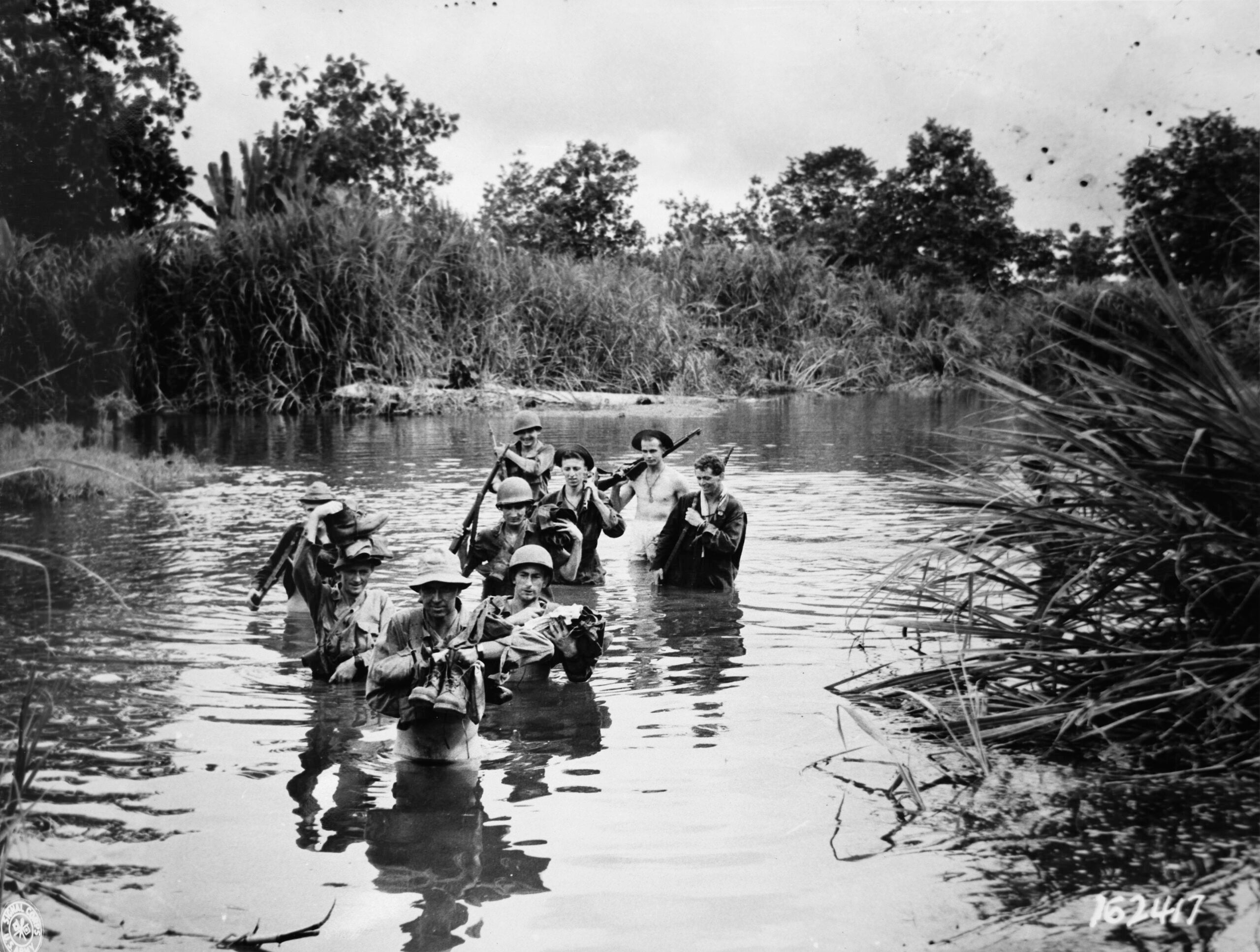A researcher at the Insurance Institute for Highway Safety discusses a push by Milwaukee officials to install red light and speed enforcement cameras. Then, a Ho-Chunk Nation representative talks about the role of Native American code talkers in World War II. Then, a new mapping project shows the dangers of light pollution to migratory birds.
Featured in this Episode
-
Milwaukee officials renew push for traffic cameras
Milwaukee leaders are renewing calls for Wisconsin lawmakers to allow them to place red light and speed enforcement cameras throughout the city. A researcher from the Insurance Institute for Highway Safety weighs in on the potential benefits and drawbacks of these cameras.
-
Recognizing how Native American code talkers aided the US war efforts
During World War I and World War II, Native American soldiers used Indigenous languages to send coded messages to allies across the world and helped soldiers navigate territory. A Ho-Chunk representative explains the role of Native Americans in the wars and new legislation that would recognize them.
-
Light pollution threatens migrating songbirds
A new map of U.S. stopover sites for migratory birds reveals light pollution to be the greatest threat to songbirds. A researcher explains how an estimated 1 billion birds die colliding with buildings each year. Then, a Wisconsin conservationist shares tips to help reduce bird fatalities.
Episode Credits
- Kate Archer Kent Host
- Wen Hu Guest
- Kristin White Eagle Guest
- Kyle Horton Guest
- Karen Etter Hale Guest
- Keegan Kyle Producer
- Trevor Hook Producer
- Mackenzie Krumme Producer
- Joel Patenaude Producer
- Lee Rayburn Technical Director
Wisconsin Public Radio, © Copyright 2025, Board of Regents of the University of Wisconsin System and Wisconsin Educational Communications Board.





